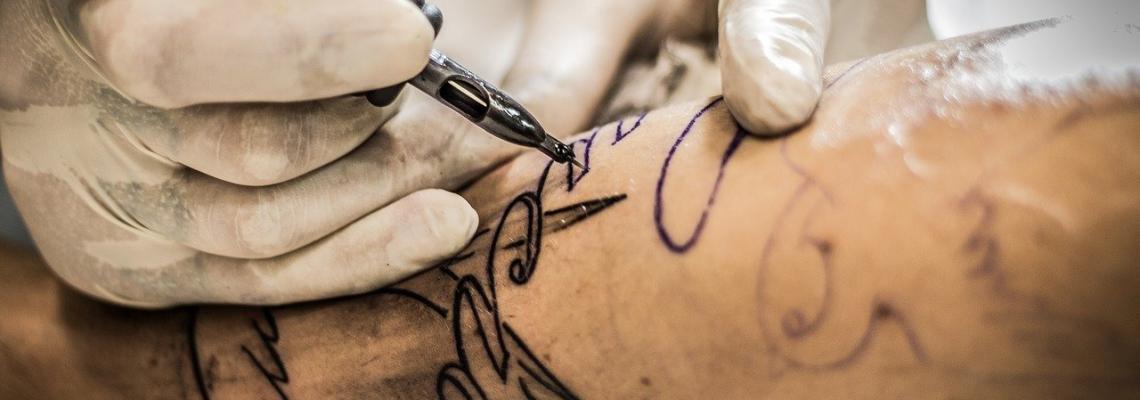Health products
Safety rules for tattooing, permanent make-up and piercing
Training for individuals employing these techniques
Individuals carrying out tattooing using skin puncture techniques, permanent make-up application and body piercing must have completed prior training in health and hygiene rules, provided by an accredited body.
They must also submit a declaration to the Department of Health Affairs in advance.
See: “How to declare a tattooing, permanent make-up or piercing activity”.
Health and hygiene rules
The general health and hygiene rules are set out in the appendix to Ministerial Decree No. 2012-197, dated 5 April 2012, on the practice of tattooing using skin puncture techniques, permanent make-up and piercing:
- Tattooing using skin puncture techniques, including the application of permanent make-up (Appendix 3, I)
- Body piercing (Appendix 3, II)
- Piercing of the pinna and nose wing using an ear piercing gun (Appendix 4)
The premises where these techniques are practised must be suitable for this purpose.
Procedures covering hand hygiene and preparation of the area to be tattooed or pierced must be followed.
Sterilisation of equipment is also regulated by a protocol involving a number of stages (pretreatment or pre-disinfection, cleaning, packaging, sterilisation and storage).
Waste resulting from the practice of these techniques, particularly gloves and equipment which comes into contact with the skin, is considered to be infectious clinical waste and must be stored and disposed of accordingly.
Rules relating to the products and materials used
Tattooing products, defined as “any colouring substance or preparation designed to create a mark on superficial areas of the human body by means of puncturing the skin, with the exception of products which are medical devices” must not be harmful to human health.
For piercing, the use of pins containing nickel or its compounds is prohibited except where the nickel release rate is lower than 0.2 mg/cm2 per week.
Informing clients in advance
Prior to the use of these techniques, clients must be duly informed of the risks to which they are exposing themselves and the precautions which they must take following the procedure.
The content of this information is regulated and focuses on the risks of infection and allergic reaction as well as the potential pain involved and the irreversible nature of the planned procedure.
This information must also be displayed visibly within premises where these techniques are practised and presented, in writing, to the client, along with any necessary notifications.
Minors
It is prohibited to carry out these procedures on a minor without the consent of a parent or guardian.
Proof of consent must be retained by the individuals carrying out the procedures for three years.
Contact :
DIRECTION DE L'ACTION SANITAIRE
Le Puccini
48 boulevard d'Italie
MC 98000 MONACO
Division Produits de Santé :
(+377) 98 98 84 20
Fax : (+377) 98 98 86 57
Horaires : de 9h30 à 17h du lundi au vendredi
dass@gouv.mc
